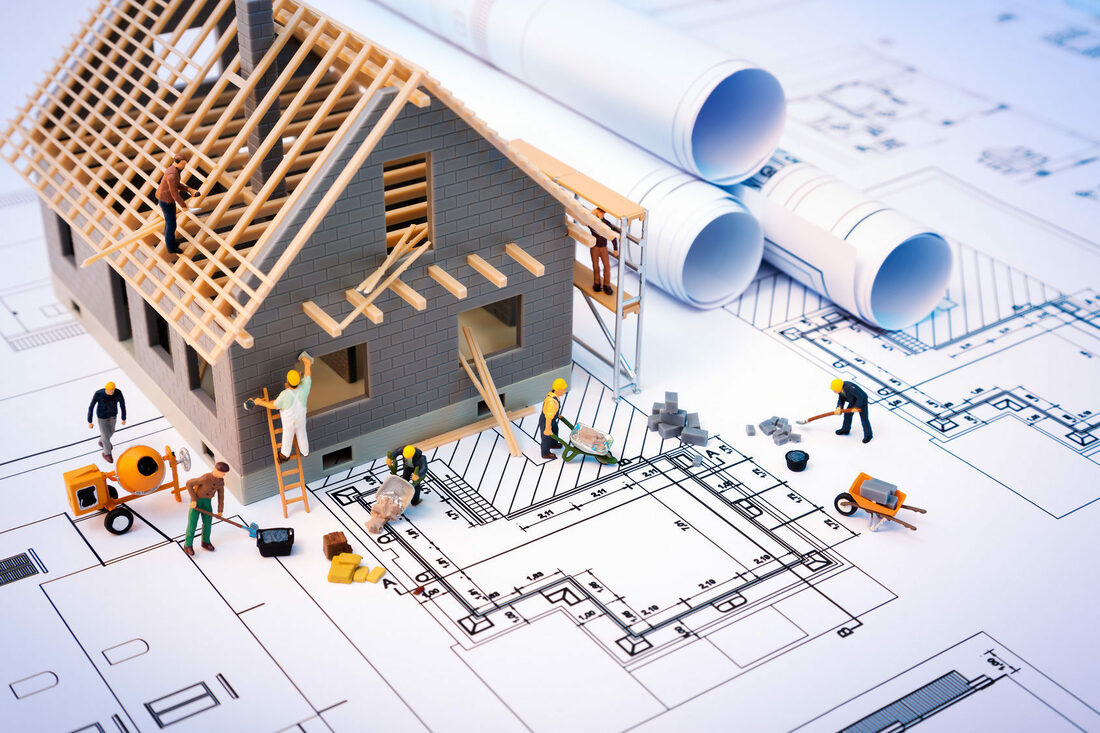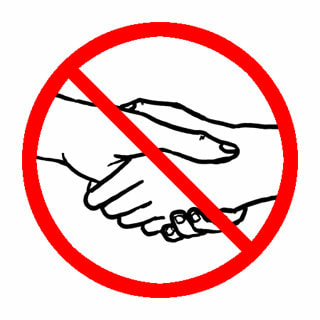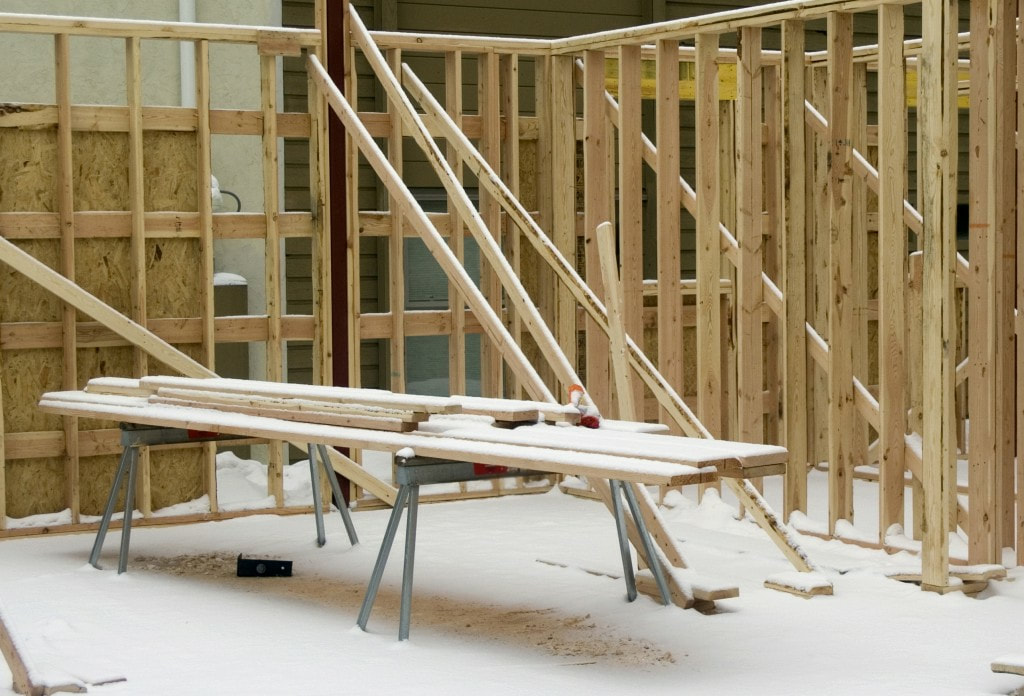|
Last week, in episode 152, we went over 8 things you should never say to your contractors. I want to do a brief episode so we can complete our list. However, this is, by no means, a comprehensive list. If you can think of some other things we should never say to a contractor, let us know in the comment section below. Before we get to the rest of our list, I wanna give a great big thank you to KinderTrump who wrote our most recent iTunes 5 star rating and review. He’s a remodeling contractor who says he finds the episodes informative and thoughtful. He says “thank you for helping my potential clients approach their projects in a more informed comfortable manner.” Wow, I’m humbled and encouraged by those kind words. Thank you KinderTrump. Alright, let’s get the rest of our list... 9. I bet we’re gonna be good friends. Although we definitely want to be friendly with our contractors, we shouldn’t strive to be actual friends with them, at least not while our homes are being built. It’s important to set a professional tone from the beginning and be clear that you expect good quality work in a timely manner. Keeping things consistently professional throughout the length of the project makes it easier for you to speak up when the work doesn't meet your expectations or when contractors fail to show up to the jobsite. 10. You can see the other bids before you give me yours. That’s like letting your contractor cheat off of his neighbor's paper. No sir, eyes on your own work! Let your contractor come up with his own bid independently. If you let him see the other bids, his price will most likely be just a hair below your lowest bid, in hopes that he will be awarded the job and make the highest possible profit. Maybe he would be able to do the job for thousands of dollars less than his closest competitor. But If you let him see his competitor's bid, you may never know that. 11. I’ve listened to homebuilding podcasts and watched lots of YouTube videos, so I probably know just as much as you do about construction. That comment is just. plain. insulting. Even getting hundreds of hours of informal, or even formal, design and construction education can’t make up for all the on-the-job experience that many contractors have. They often have first hand knowledge about the best techniques and solutions for a particular job. It’s okay share your knowledge by making suggestions and asking questions, but you don’t want to come across as a know-it-all. If you’re uncomfortable with the a choice that your contractor wants to make, get the opinions of other construction professionals before you make a final decision. You don’t want to challenge your contractor's decision without some back up from other professionals. 12. I don’t know anything about anything, so I’m counting completely on you to make decisions for this project. Okay, in the same way you don’t want to come across as a big-shot, know-it-all, you also don’t want to be overly modest about what you do know. The whole reason for resources like this podcast is so we can make educated decisions when we’re building our new homes. It’s a good idea to have a general understanding about different aspects of the project before talking to potential contractors. That way, you will be able to better understand the contractors’ language and ask intelligent questions when you are confused. It’s to your advantage to subtly let the contractor know that you have some knowledge about residential contraction by dropping a few construction terms, or asking pertinent questions when appropriate. If the contractor knows you have some understanding of design and construction, they are less likely to try to cut corners or do subpar work. 13. I’ve got a good feeling about you. I’ll take you at your word; we don’t need a written contract. You always need a written contract, even if you have a good feeling about someone, even if the contractor comes highly recommended, and even if you are dealing with family member or friend. A written contract clarifies expectations regarding the work to be done, the payment and payment schedule. If you have a good feeling about someone, that’s great, but you still need a written contract to make sure each party is clear about what has been communicated verbally. Changes to the project should also be in writing, whether by an email, text or on a piece of paper. 14. I can’t pay you today, but I’ll have your money next week. Contractors may feel cheated and resentful if you don't pay them as scheduled. If the contractor performs the work to your satisfaction, you should make it your business to pay them at the agreed upon time. Just as we count on getting our paychecks on time, so do contractors. Contractors may be more likely to show up as scheduled to job sites where they know they will be paid reliably. 15. I know it’s really cold/raining/snowing/windy/muddy, but can’t you do your work anyway? Windy weather can cause falls when contractors are working outside. Concrete work and some insulation work can’t be done when it’s too cold. Rain can hinder framing and other outdoor tasks. Be understanding and patient when bad weather slows the progress of your construction. There is nothing contractors can do about the weather. Please don’t insist that they work in bad weather. That’s not a reasonable request and it may compromise your home’s structural integrity and the safety of your contractors. 16. Since you have lots of experience and you’re giving me a good price, it’s ok that you’re not licensed and insured. It’s just a bad idea to hire a contractor that's not licensed and insured. Licensing offers proof that the contractor has met certain industry training standards and is allowed to do the work in your area. If you hire an unlicensed contractor and his work does not meet local building codes, or the contractor doesn’t pull the necessary permits (unlicensed contractors are not allowed to pull permits in most regions), you will be responsible for making the changes to meet code. Allowing work to be done by an unlicensed contractor could also void your homeowner’s insurance policy should a claim arise as a result of that work. If you hire someone without insurance and something goes wrong, instead of the contractor’s insurance company paying out to cover accidents, theft, repairs or replacements, you, as homeowner, might be stuck with the bill. Think of it this way, if a contractor will cut corners by not having a license and insurance, where else will he cut corners? That's all I have for you this week. Don’t forget to tell us in the comment section below what things you have learned never to say to a contractor. Please remember that the purpose of this podcast is simply to educate and inform. It is not a substitute for professional advice. The information that you hear is based the only on the opinions, research and experiences of my guests and myself. That information might be incomplete and it’s subject to change, so it may not apply to your project. In addition, building codes and requirements vary from region to region, so always consult a professional about specific recommendations for your home. Thanks for stopping by.
0 Comments
Your comment will be posted after it is approved.
Leave a Reply. |




 RSS Feed
RSS Feed